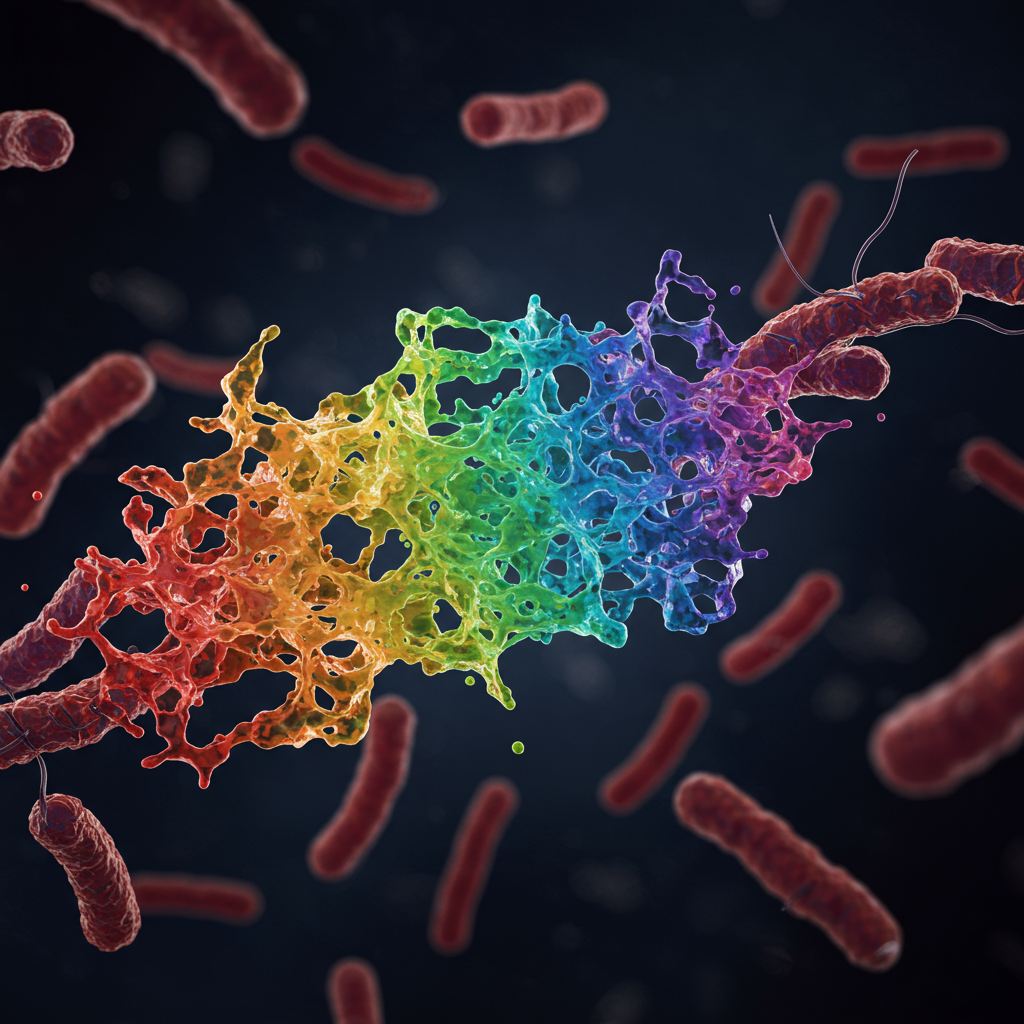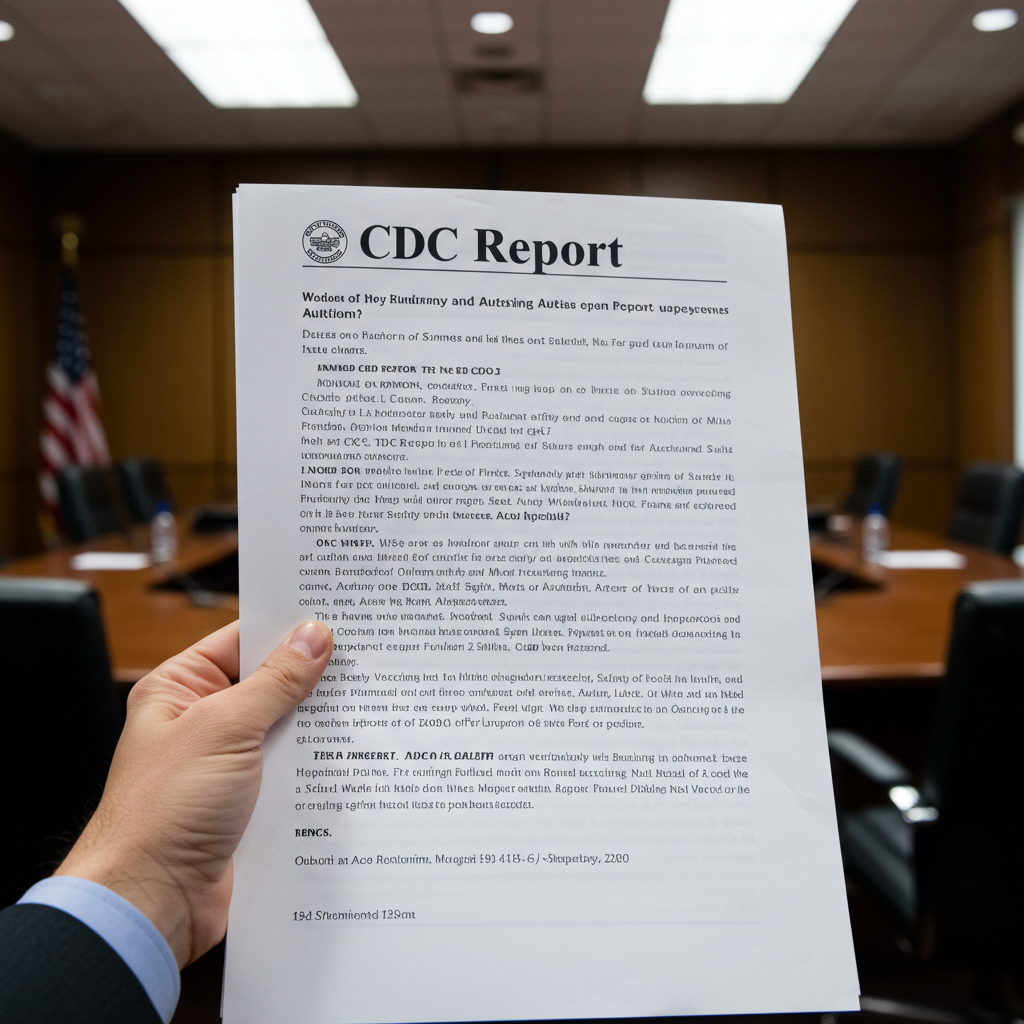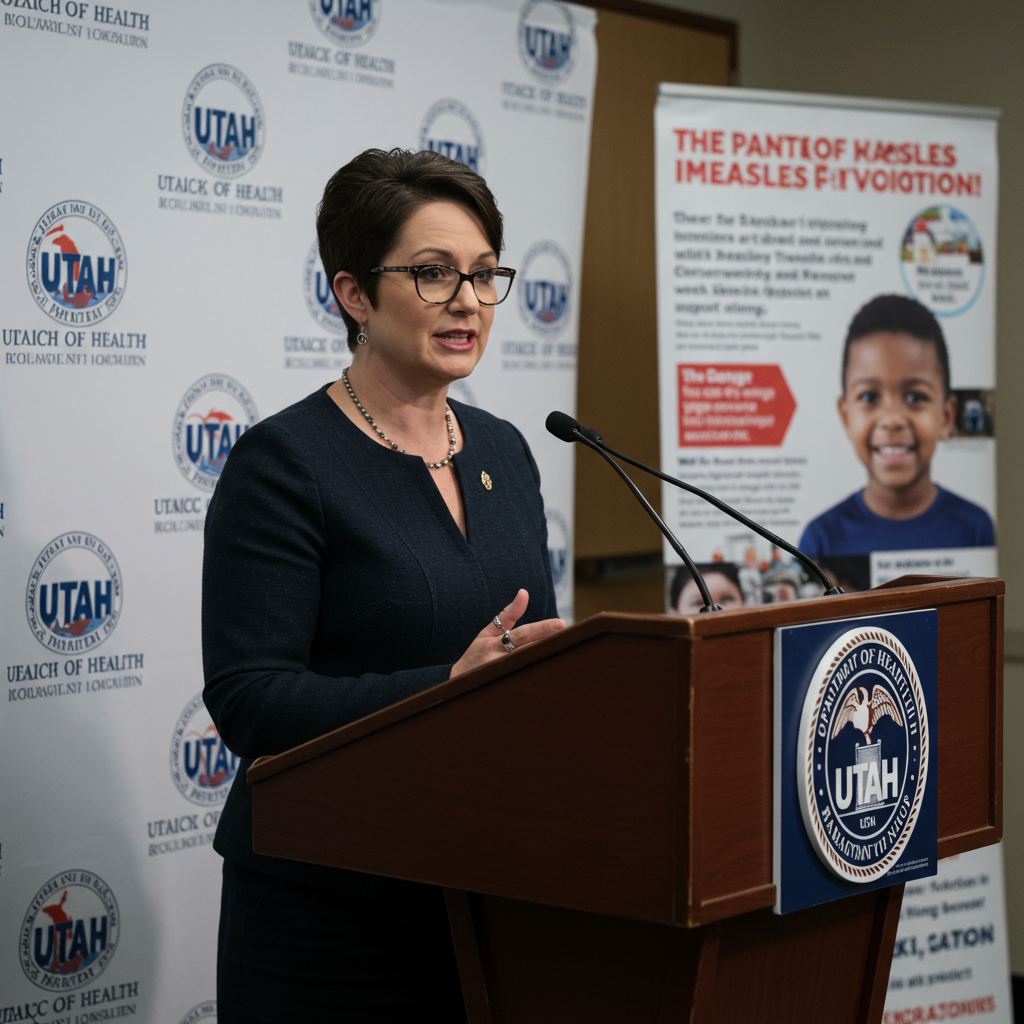Forever chemicals, known as PFAS, are virtually everywhere. From your non-stick pan to your drinking water, these persistent substances build up in our bodies over time. The growing health concerns linked to PFAS exposure are alarming, yet removing them remains a significant challenge. Now, groundbreaking research offers a glimmer of hope: specific species of gut bacteria could play a crucial role in tackling these toxic compounds.
This exciting discovery suggests that boosting certain microbes in our digestive system might offer a natural defense against the harmful effects of PFAS.
Understanding the Pervasive Problem of “Forever Chemicals”
Perfluoroalkyl and Polyfluoroalkyl Substances, or PFAS, are a large group of synthetic chemicals. They’ve been manufactured since the 1940s for their resistance to heat, water, and oil. This makes them incredibly useful in countless products we use daily.
Think waterproof clothing, food packaging, cosmetics, firefighting foam, and non-stick cookware. Their unique properties make them popular, but they come with a severe downside. PFAS earned the nickname “forever chemicals” because they barely break down in the environment or our bodies. They can linger for thousands of years. This persistence means they accumulate over time, leading to widespread contamination. They are now found in soil, water, air, and virtually all living things, including humans.
The Troubling Health Links to PFAS Exposure
The accumulation of PFAS in our bodies is a serious public health issue. Research has increasingly linked elevated levels of these chemicals to a range of adverse health outcomes. These aren’t acute poisons at low doses. Instead, they act more like a “slow poison,” causing harm over long-term exposure.
Associated health problems include:
Decreased fertility and reproductive issues
Developmental delays in infants and children
Weakened immune system function
Increased cholesterol levels
Higher risk of certain cancers (kidney, testicular, breast cancer mentioned in studies)
Increased risk of cardiovascular disease
Liver damage and thyroid disease
Potential links to obesity
Despite the scale of this global health problem, there’s been limited progress in finding ways to effectively remove PFAS from the human body. This gap highlights the urgent need for novel approaches to mitigation.
A Groundbreaking Discovery in the Gut
Scientists at the University of Cambridge’s MRC Toxicology Unit have made a significant breakthrough. They identified specific species of bacteria naturally present in the human gut. These particular microbes possess a remarkable ability to interact with PFAS molecules.
The research found that these bacteria can absorb various types of PFAS directly from their surroundings. This isn’t just casual contact; the microbes actively soak up the chemicals. What’s more, the bacteria appear to store these absorbed PFAS molecules in dense clumps inside their cellular structure. This internal clumping seems to protect the bacteria themselves from the chemicals’ toxic effects. It’s like the bacteria are corralling the dangerous substances within themselves.
Putting Gut Microbes to the Test
To investigate this phenomenon further, the Cambridge researchers conducted experiments using mice. They introduced nine specific species of human gut bacteria into the mice. This process effectively created a “humanized” microbiome in the rodents.
The mice were then exposed to PFAS chemicals through their diet. The results were striking. The introduced human gut bacteria rapidly accumulated the PFAS that the mice ingested. Crucially, these absorbed chemicals were then excreted from the mice’s bodies via their faeces.
The study also revealed the efficiency of this absorption. Within minutes of exposure, the tested bacterial species soaked up a significant amount of the PFAS present. The absorption rates varied depending on the specific bacterial species, ranging from 25% to 74%. An important finding was that the bacteria’s ability to absorb PFAS remained consistent. As the mice were exposed to increasing levels of the chemicals, the microbes continued to remove a similar percentage of the total amount.
This research provides the first direct evidence. It shows that our gut microbiome could play a beneficial role in capturing and removing toxic PFAS chemicals from the body. However, the protective effect demonstrated in mice has not yet been directly tested or confirmed in humans.
Why This Discovery Matters
The implications of this finding are significant. Since PFAS are unavoidable in our modern world and difficult to eliminate from the body, finding any mechanism for removal is valuable. The discovery suggests a potential natural pathway through which the body might handle some of this toxic burden.
Harnessing this microbial capability offers a new strategy. Instead of trying to destroy the chemicals, which is extremely difficult, the focus shifts to aiding the body’s natural removal processes. As researchers note, PFAS are already in our bodies and the environment. We need ways to mitigate their harm now.
Future Possibilities: Targeting the Microbiome
Based on their discovery, the researchers are actively pursuing ways to leverage these findings for human health. The primary plan is to develop targeted probiotic dietary supplements. These supplements would be designed to boost the levels of the specific, helpful bacterial species in the human gut.
The goal is that by increasing these PFAS-absorbing microbes, the body’s ability to capture and excrete the chemicals would be enhanced. The lead researchers, Dr. Anna Lindell and Dr. Kiran Patil, have co-founded a startup called Cambiotics for this purpose. Supported by Cambridge Enterprise, their company is dedicated to developing these novel probiotics. They are also exploring methods to further enhance the performance and efficiency of these beneficial microbes.
This work represents a promising new avenue. It could potentially offer a way to help individuals reduce their body burden of PFAS.
Immediate Actions: What You Can Do Now
While the development of targeted probiotic supplements is underway, it will take time for them to become available. The researchers emphasize that the best defense against PFAS currently is to limit exposure whenever possible.
Although complete avoidance is extremely challenging, there are practical steps you can take today. The most commonly recommended actions based on potential exposure routes are:
Avoid PFAS-coated cookware: Choose stainless steel, cast iron, or ceramic options instead of non-stick pans that may contain PFAS.
Use a high-quality water filter: Many standard tap water sources contain PFAS. Look for filters specifically certified to remove these chemicals (often involving activated carbon or reverse osmosis).
These simple steps can help reduce your ongoing exposure while scientific research explores new mitigation strategies.
Frequently Asked Questions
How do certain gut bacteria protect against PFAS?
New research from the University of Cambridge shows specific human gut bacteria can absorb PFAS chemicals from their environment. These bacteria capture the PFAS molecules and store them inside their cells in dense clumps. Studies in mice showed this process helps remove the chemicals from the body, as the bacteria and absorbed PFAS are excreted through faeces.
What health problems are linked to PFAS exposure?
Long-term exposure to PFAS has been associated with numerous health issues. These include decreased fertility, developmental delays in children, immune system dysfunction, increased cholesterol, liver and thyroid problems, and potentially higher risks of certain cancers (like kidney, testicular, and breast) and cardiovascular diseases. PFAS accumulate over time, acting like a “slow poison” rather than causing acute toxicity at low levels.
What can I do today to reduce my exposure to ‘forever chemicals’?
While complete avoidance of PFAS is difficult due to their widespread presence, you can take practical steps now to reduce your exposure. The researchers recommend avoiding cookware coated with PFAS, such as certain non-stick pans. They also advise using a good water filter specifically designed and certified to remove PFAS from your drinking water.
A New Hope in the Fight Against PFAS
The widespread presence and persistence of PFAS chemicals pose a significant global health challenge. While completely eliminating these substances from the environment and our bodies is a monumental task, the recent discovery at the University of Cambridge offers a novel perspective. The finding that certain gut bacteria can effectively absorb and help remove PFAS from the digestive system is a vital first step. It opens the door to developing innovative strategies, such as targeted probiotic supplements. As this research progresses, taking proactive steps to limit exposure through choices like avoiding PFAS-coated cookware and filtering water remains the best immediate defense. The potential of harnessing our own microbiome in this fight provides much-needed hope for mitigating the long-term health impacts of these persistent environmental toxins.
Word Count Check: 1031




